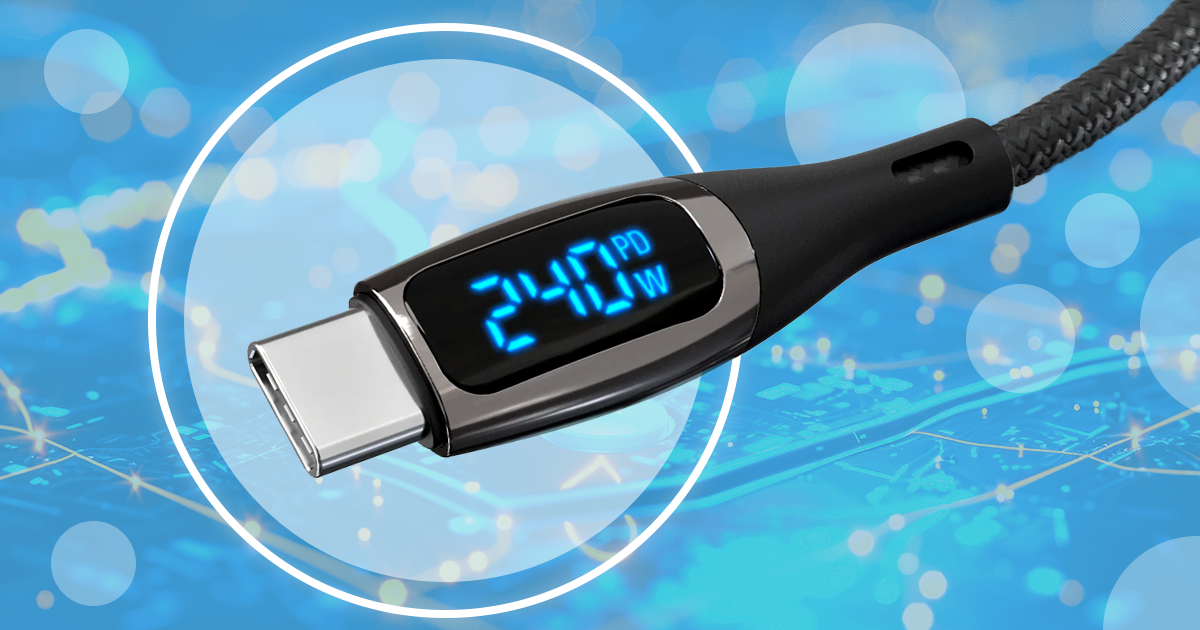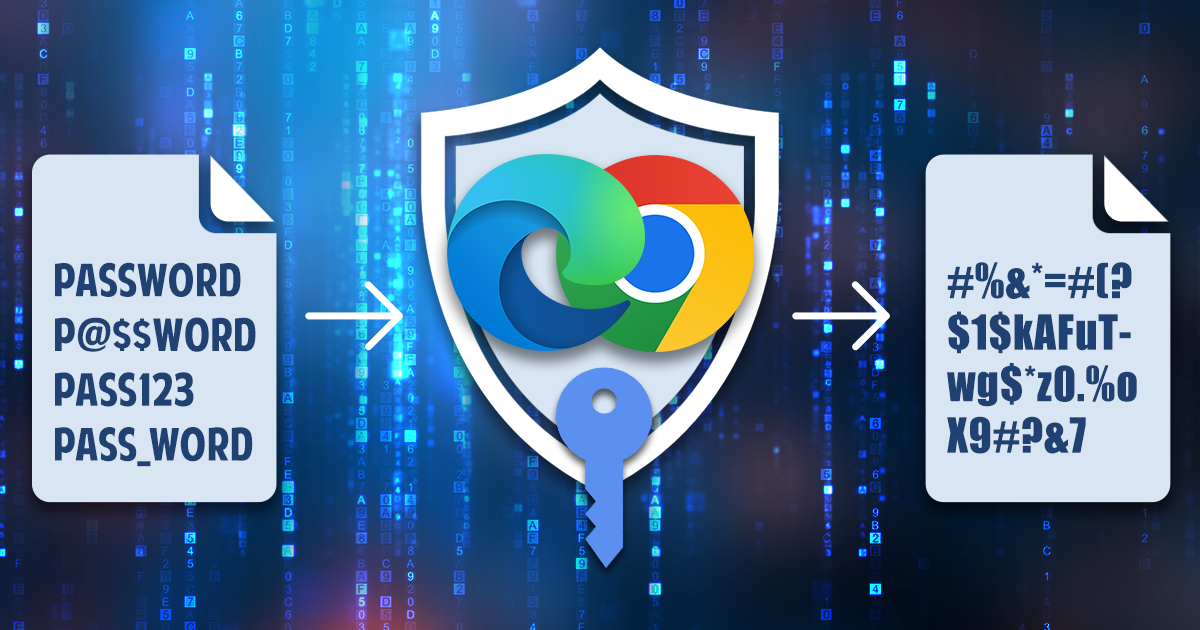iOS security model offers very are few possibilities to recover anything unless you have a backup, either local or one from the cloud. There are also tricks allowing to recover some bits and pieces even if you don’t. In this article we’ll talk about what you can and what you cannot recover in modern iOS devices.
To perform an iCloud extraction, a valid password is generally required, followed by solving the two-factor authentication challenge. If the user’s iPhone is everything that you have, the iCloud password may not be available. By using a trusted device, one can gain unrestricted access to everything that is stored in the user’s iCloud account. This article gives a comprehensive walkthrough on this alternative authentication method.
A lot of folks (and even some law enforcement experts) are looking for a one-click solution for mobile extractions and data decryption. Unfortunately, in today’s day and age there are no ‘silver bullet’ solutions. In the days of high-tech mobile devices and end-to-end encryption one must clearly understand the available options, and plan their actions accordingly. The time of ‘snake oil’ exploits is long gone. The modern world of mobile forensics is complex, and your actions will depend on a lot of factors. Today, we’re going to make your life a notch more complex by introducing a new iCloud authentication option you’ve never heard of before.
The majority of mobile devices today are encrypted throughout, making extractions difficult or even impossible for major platforms. Traditional attack vectors are becoming a thing of the past with encryption being moved into dedicated security chips, and encryption keys generated on first unlock based on the user’s screen lock passwords. Cloud forensics is a great alternative, often returning as much or even more data compared to what is stored on the device itself.
2FA, challenges, cloud forensics, ECX, EINPB, Elcomsoft Cloud Explorer, Elcomsoft Internet Password Breaker, Elcomsoft Phone Breaker, EPB, iCloud, iOS
It’s been 10 years since we have released one of our flagship products, Elcomsoft Phone Breaker. The first version appeared in April 2011, and was named “iPhone Password Breaker”. Since then, we made tons of improvements. The tool lost the “iPhone” designation, and the “Password” part was dropped from its name because it was no longer limited to iPhones or passwords. Today, the tool can offer unmatched features for the mobile forensic specialists.
The proliferation of always connected, increasingly smart devices had led to a dramatic increase in the amount of highly sensitive information stored in manufacturers’ cloud accounts. Apple, Google, and Microsoft are the three major cloud providers who also develop their own hardware and OS ecosystems. In this report, we’ll see how these companies protect their users’ highly sensitive information compared to each other.
Reportedly, Apple dropped plan for encrypting backups after FBI complained. Apple’s decision will undoubtedly cause turmoil and will have a number of consequences. In this article, I want to talk about the technical reasons for encrypting or not encrypting cloud backup, and compare Apple’s approach with the data encryption strategies used by Google, who have been encrypting Android backups for several years.
When investigating iOS devices, you may have seen references to the SoC generation. Security researchers and developers of various iOS jailbreaks and exploits often list a few iPhone models followed by a note that mentions “compatible iPad models”. This is especially common when discussing iOS forensics, particularly referring to the checkra1n jailbreak. What do those references mean, and how are the iPhone and iPad models related? Can we count the iPod Touch and Apple TV, too? Let’s have a look.
checkm8, checkra1n, EIFT, Elcomsoft iOS Forensic Toolkit, Elcomsoft Phone Breaker, Elcomsoft Phone Viewer, EPB, EPV, iCloud, iOS, iOS 14, iOS14, iPad, iPhone, keychain
The number of iOS 14 users is on the raise, and we will see it running on most Apple devices pretty soon. Apple had already stopped signing the last version of iOS 13 on all but legacy hardware. Soon, we will only see it running on the iPhone 5s and iPhone 6 which didn’t get the update, and on a small fraction of newer devices. If you are working in the forensic field, what do you need to do to make yourself ready for iOS 14? Our software may help.


